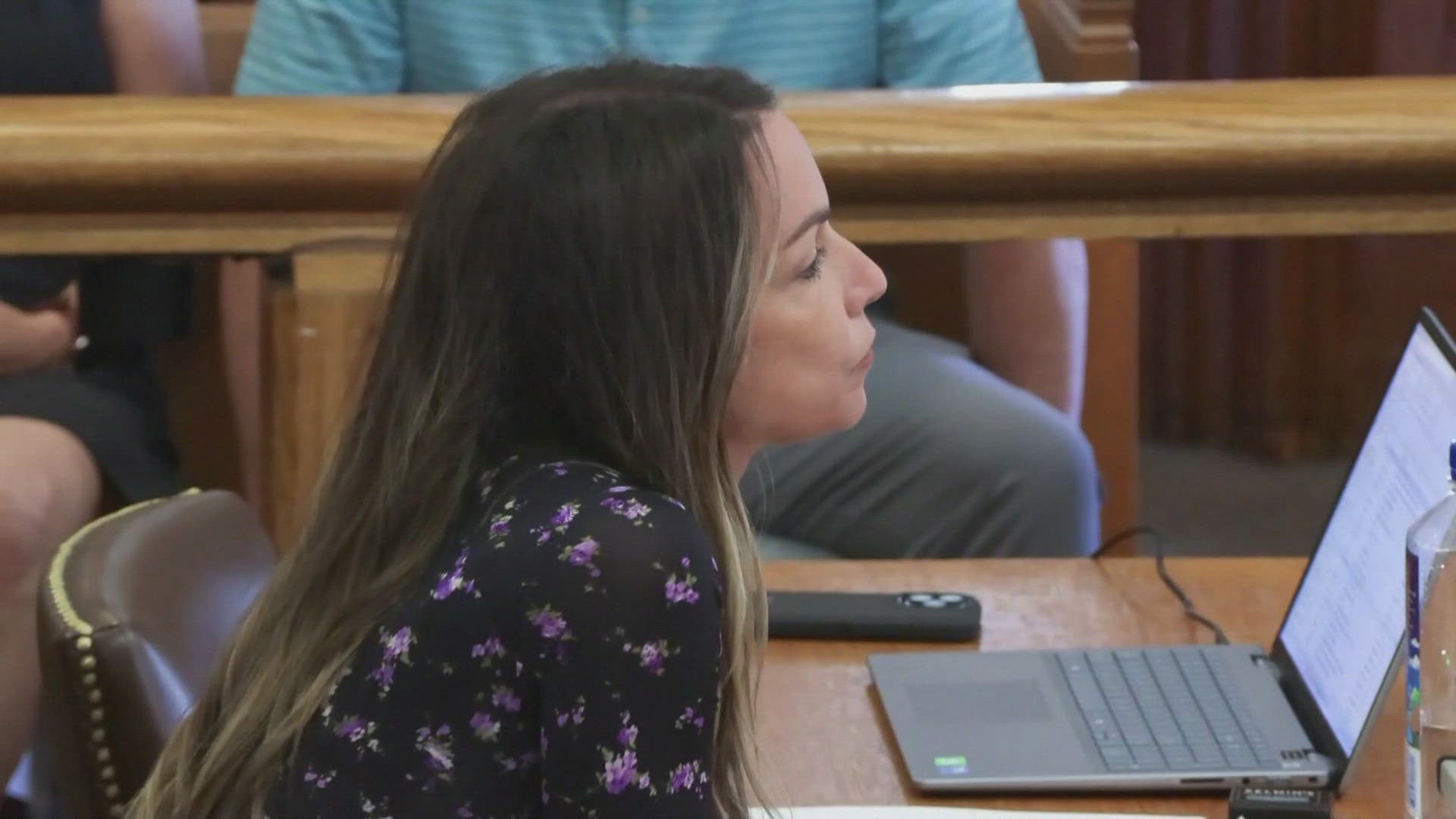What Happened
The retrial of Karen Read, accused of second-degree murder in the death of her boyfriend, Boston police officer John O’Keefe, has reached a critical juncture. Read, 45, has pleaded not guilty to charges stemming from an incident on January 29, 2022, when she allegedly struck O’Keefe with her SUV after a night of drinking and left him outside a home in Canton, Massachusetts. The prosecution claims she intentionally hit him, while the defense contends that O’Keefe was beaten and left outside as part of a conspiracy involving law enforcement.
On June 11, 2025, the defense rested its case after 31 days of testimony, asserting that their case was stronger than during the first trial, which ended in a mistrial due to a hung jury. The defense’s final witness, crash reconstruction expert Andrew Rentschler, testified that O’Keefe’s injuries were inconsistent with being struck by Read’s vehicle, a claim that contradicts the findings of prosecution experts. Following the conclusion of testimony, both sides are preparing for closing arguments, which are set to take place on June 12, 2025.
Key Details
- Defendant: Karen Read, 45, a former adjunct professor at Bentley University.
- Charges: Second-degree murder, manslaughter, and leaving the scene of an accident.
- Incident Date: January 29, 2022.
- Victim: John O’Keefe, 46, a Boston police officer.
- Trial Timeline: The first trial began on April 29, 2024, and ended in a mistrial on July 1, 2024. The retrial commenced on April 1, 2025.
- Defense Claims: Read’s defense argues that O’Keefe was beaten and possibly mauled by a dog before being left outside, alleging a police cover-up and evidence planting.
- Prosecution Claims: The prosecution maintains that Read intentionally struck O’Keefe with her SUV, leading to his death.
Multiple Perspectives
The case has drawn significant public interest and polarized opinions.
-
Prosecution’s Viewpoint: Prosecutors argue that Read’s actions were deliberate, pointing to her alleged admission during a television interview where she expressed uncertainty about whether she had “hit him.” They maintain that the evidence supports the conclusion that Read’s vehicle struck O’Keefe, leading to fatal injuries.
-
Defense’s Viewpoint: The defense contends that Read was framed and that the evidence against her is circumstantial. They argue that O’Keefe’s injuries do not align with being struck by a vehicle, as testified by Rentschler, who stated that the injuries were inconsistent with a vehicle strike. The defense also emphasizes the alleged misconduct of law enforcement, suggesting that evidence was manipulated to implicate Read.
-
Expert Testimony: Rentschler’s testimony highlighted the complexities of crash reconstruction, noting that the testing conducted by his firm produced variable results that may not reliably represent the actual incident. This has led to contentious exchanges during cross-examination, where the prosecution challenged the validity of the defense’s findings.
Context & Background
The case has garnered attention not only for its tragic circumstances but also for the broader implications regarding law enforcement practices and the judicial process. The initial trial’s mistrial raised questions about the effectiveness of the prosecution’s case and the potential for bias in law enforcement investigations. The defense’s claims of a conspiracy involving police officers add a layer of complexity to the case, suggesting systemic issues within the law enforcement community.
The retrial has seen a more extensive presentation of evidence and witness testimony, with Read asserting that her defense is more robust this time. The outcome of this trial could have significant implications for Read’s future and may also influence public perception of law enforcement accountability.
What We Don’t Know Yet
As the trial approaches its conclusion, several uncertainties remain:
-
Jury Deliberation: The jury’s decision-making process is yet to unfold, and their interpretation of the evidence presented will ultimately determine Read’s fate. The dynamics of jury deliberation can be unpredictable, influenced by the arguments made during closing statements.
-
Impact of Expert Testimony: The weight that jurors will give to the conflicting expert testimonies remains unclear. The jury must navigate the complexities of crash reconstruction and the reliability of the evidence presented by both sides.
-
Public Reaction: The case has sparked considerable media coverage and public discourse. How the community reacts to the verdict may reflect broader societal concerns about justice and accountability in cases involving law enforcement.
In summary, the Karen Read retrial encapsulates a complex interplay of legal arguments, expert testimony, and societal implications, with the potential for significant ramifications depending on the jury’s verdict.


